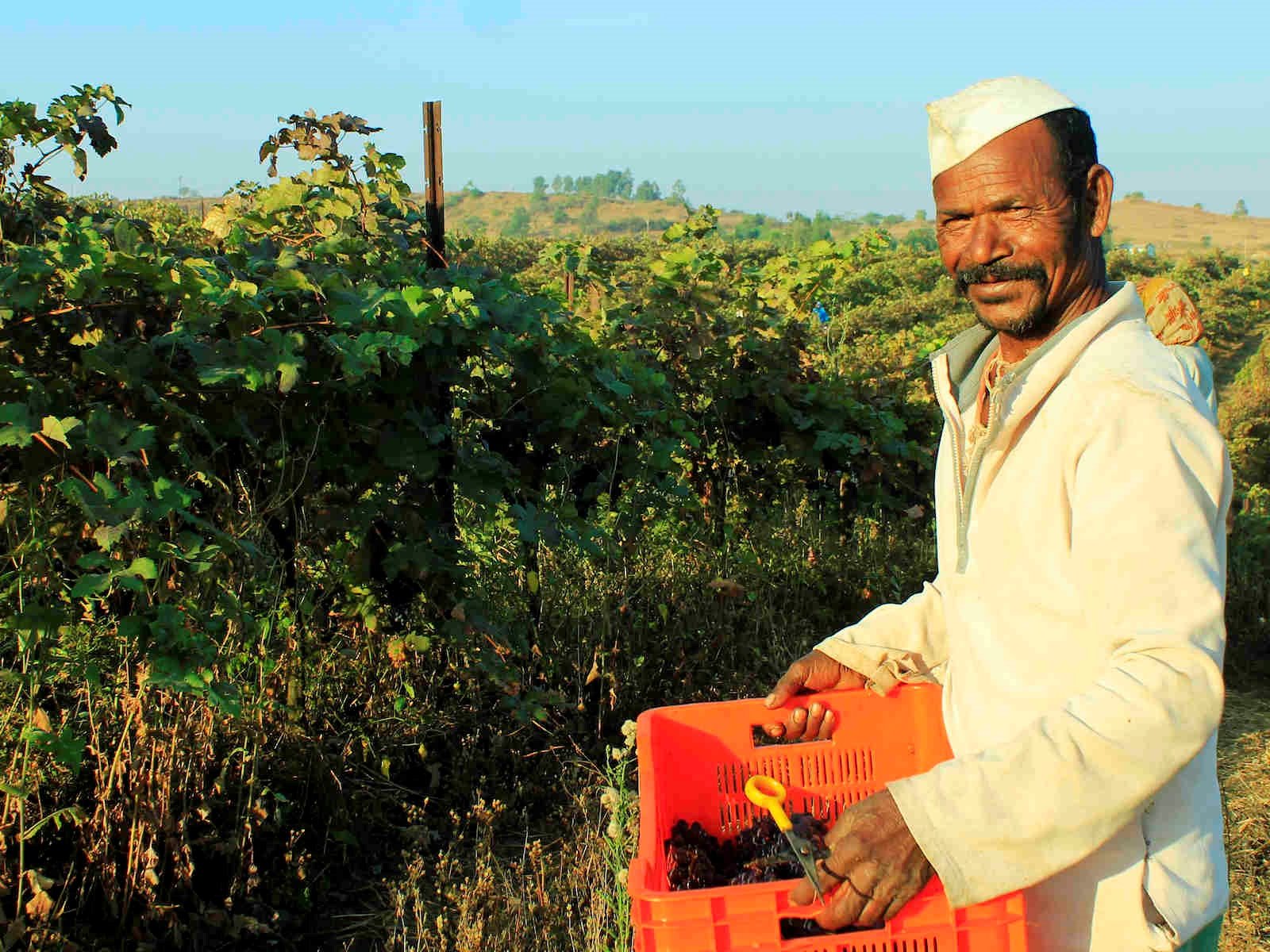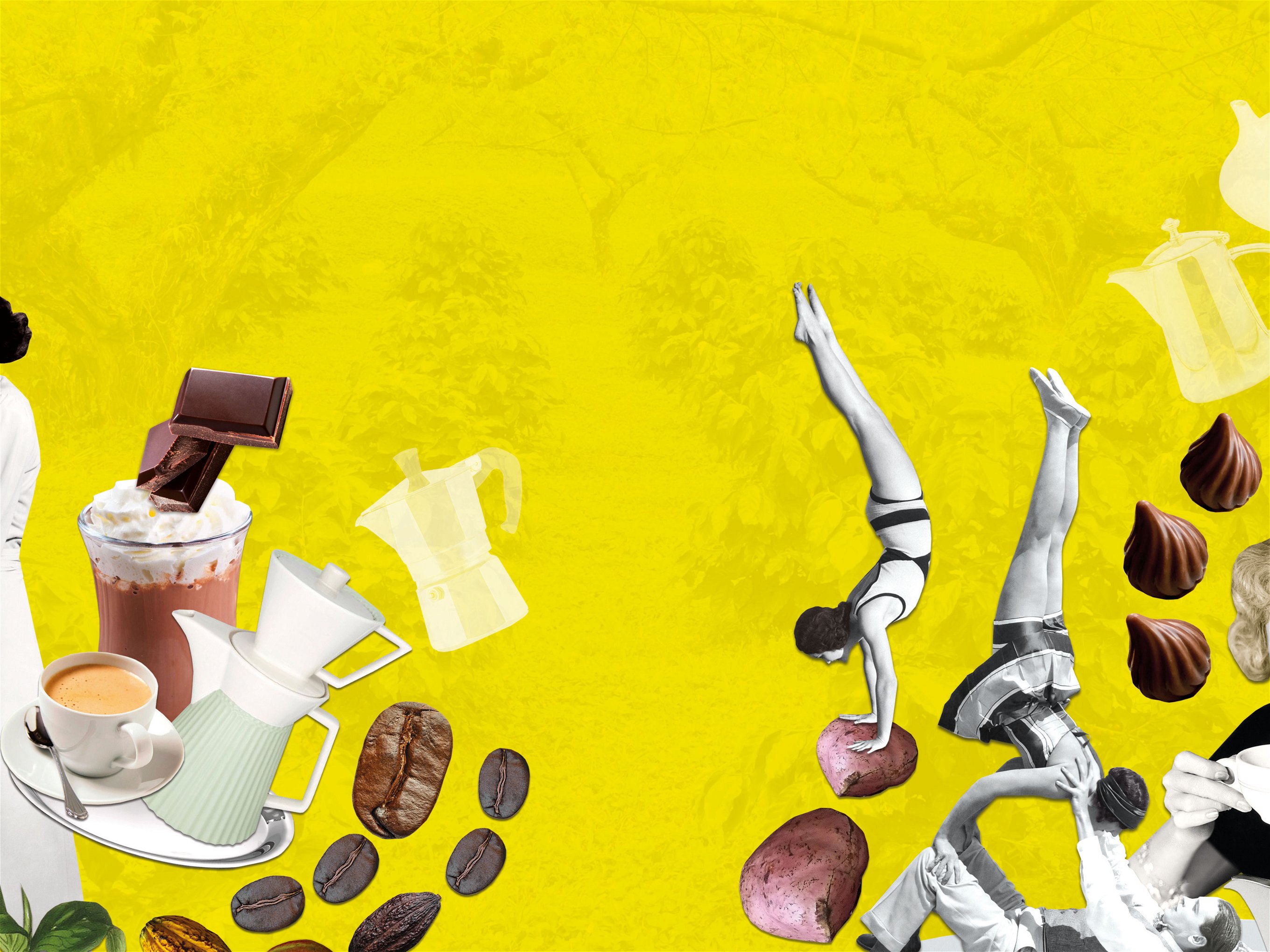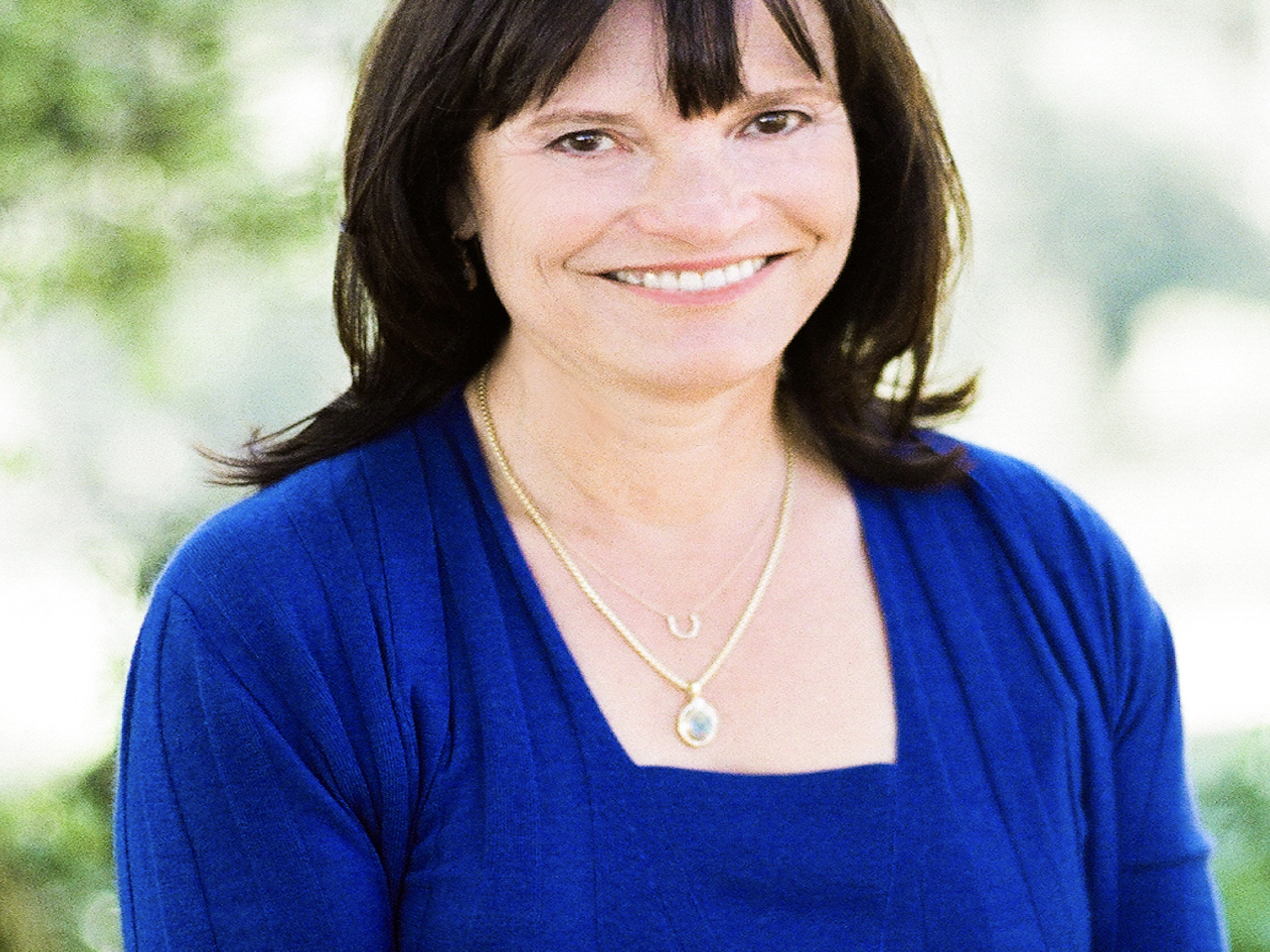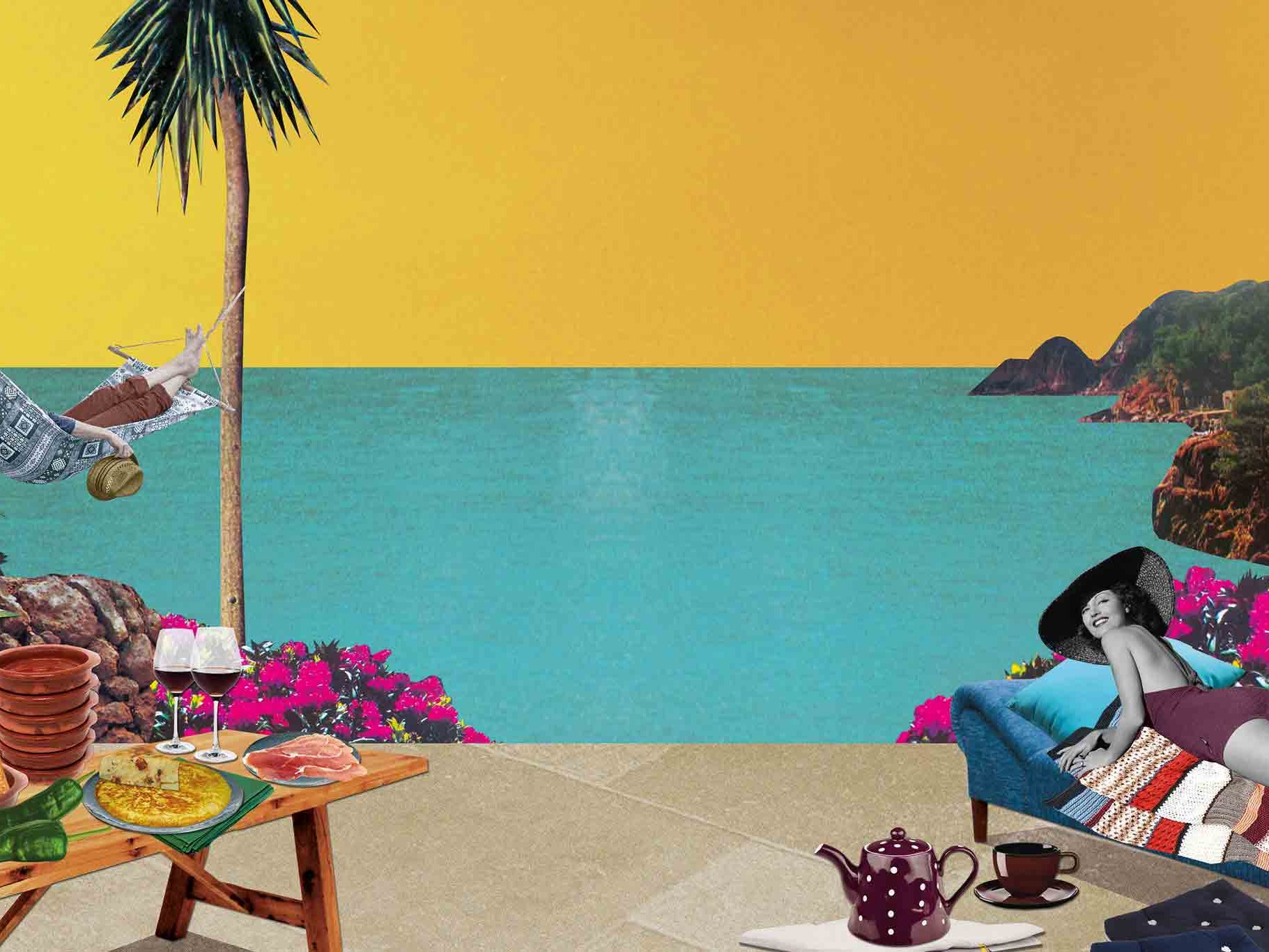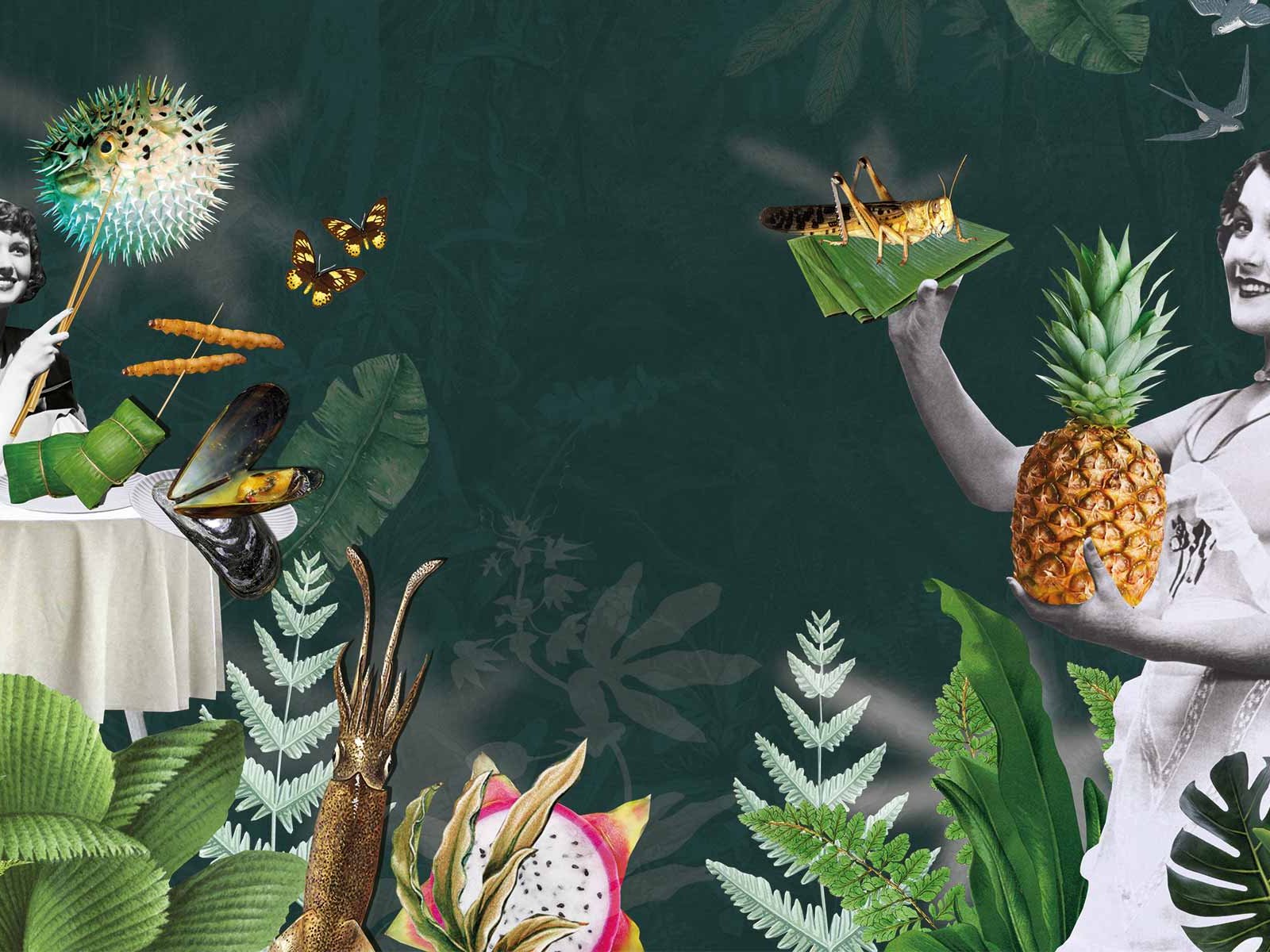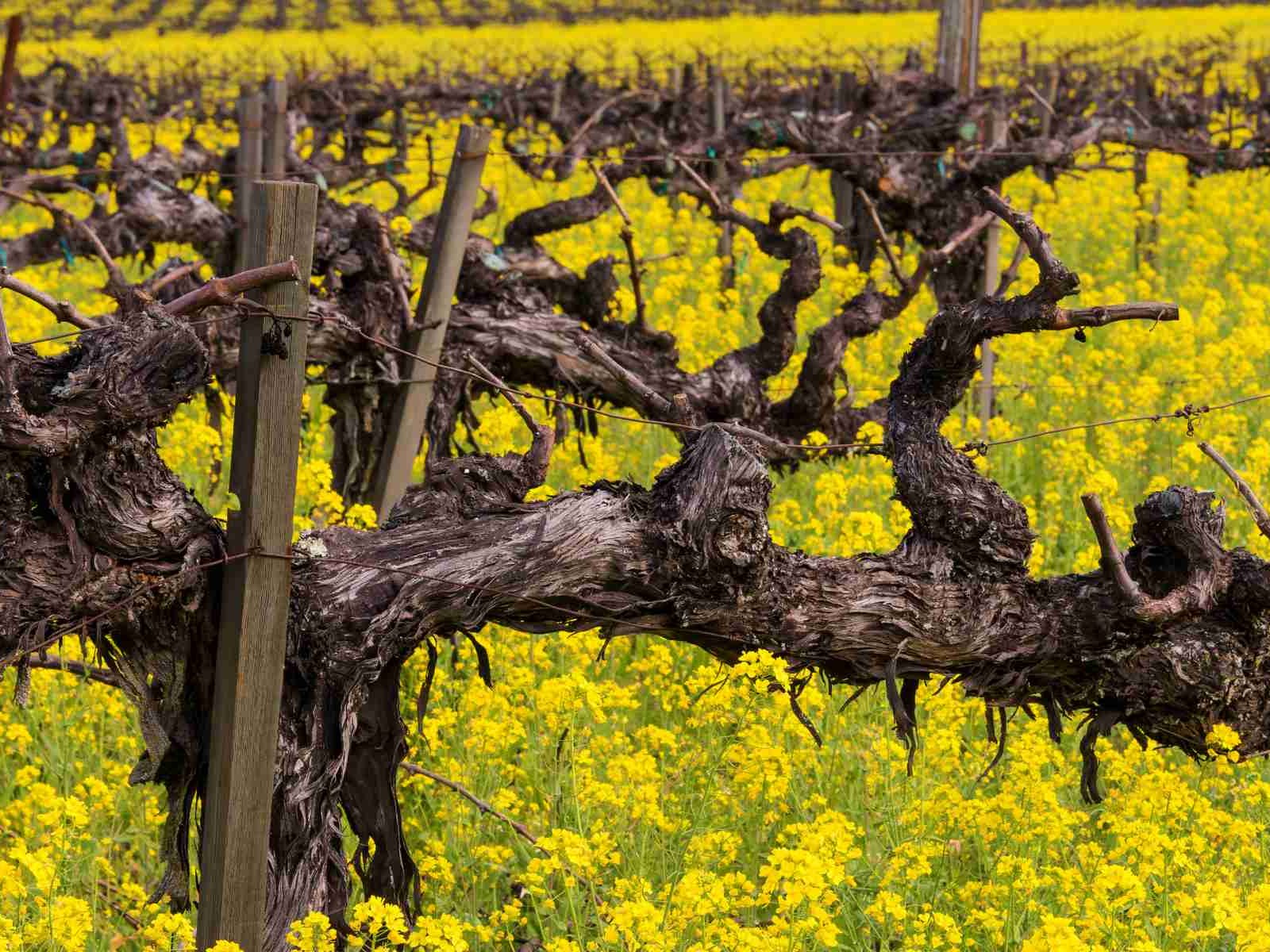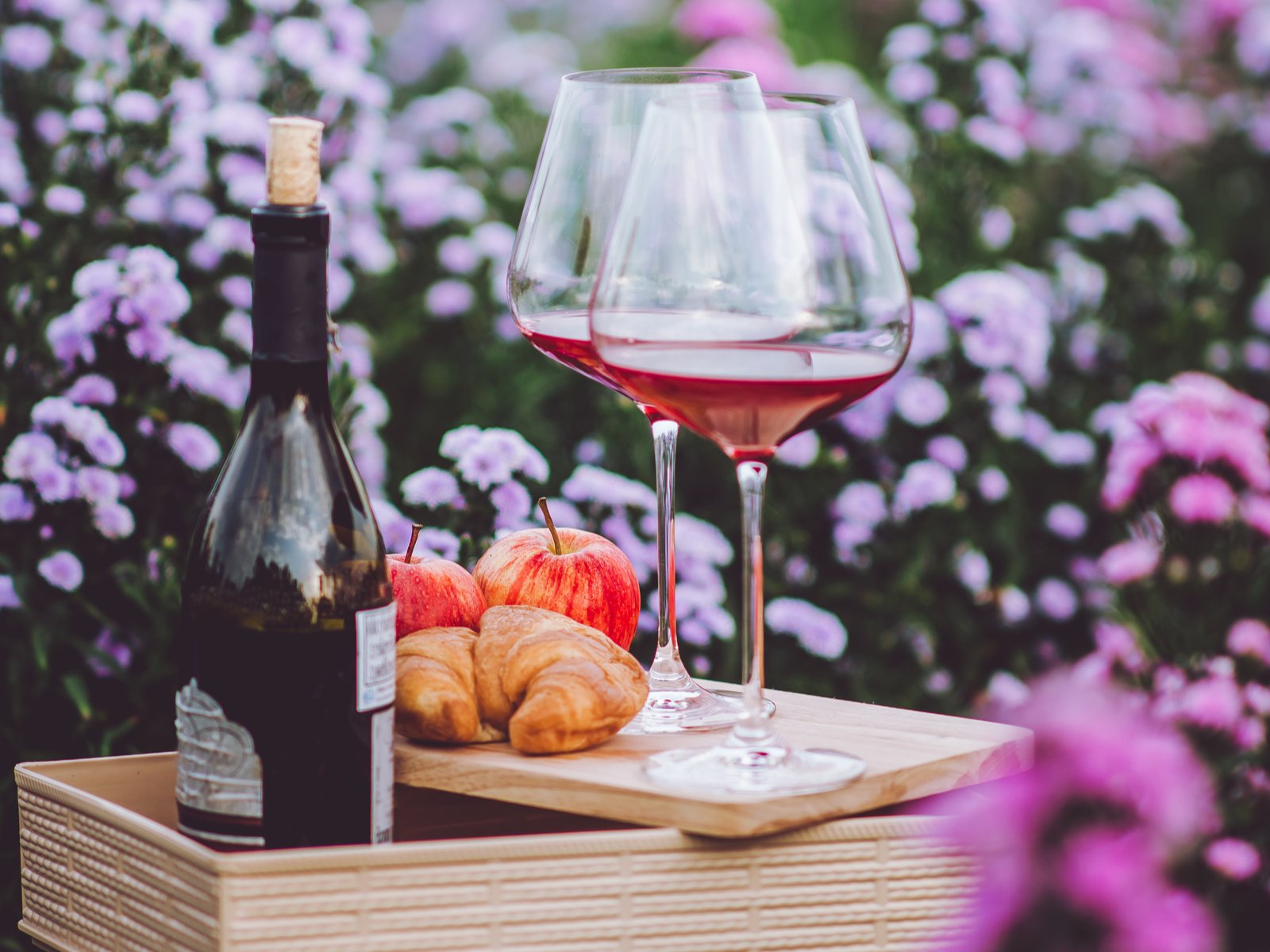Who Needs the Classics? Me.
Wine has its own canon, its firm classics. As they slip out of the financial reach of most drinkers, our columnist wonders whether they will endure.
The ancients speak of an era, lost in the mists of time, when ordinary people rode unicorns to the dinner table. Doctors would open Échezeaux and university lecturers Bâtard-Montrachet. Shopkeepers and hacks, those final arbiters of taste, would pick up the vintage and class of a Bordeaux served blind – as you would expect from people who drink the stuff at lunch. Around those same days, Spanish wine suggested sangria, while drinking Italian would practically be a descent to socialism. One knew which were the benchmarks and why. The world had rules.
It is safe to say that, today, things are not quite like that. Leflaive and Montrose do not casually grace middle class tables. Cellar rats can go weeks without a whiff of Krug. As for writers, well, those poor souls always relied on the kindness of strangers. The good stuff is siphoned elsewhere, to restaurants in Houston and wine bars in Singapore, cellars in Zurich and collections in Shanghai. Businessmen, they drink our wine.
Sour Grapes
Retaliation comes quietly, even slyly. Like scorned lovers, outpriced oenophiles rush to convince themselves their object of affection wasn’t that wonderful in the first place. If we can’t taste these wines, are they still a benchmark? If we can’t afford the time and cellar for 50-year Bordeaux, do we have to cherish them?
The answer is yes, they are, and, if we are honest at least, yes, we do. Personal functional requirements are irrelevant to defining the state-of-the-art. It is likely a Ferrari 812 does not have enough trunk space for me, and Les Demoiselles d'Avignon would be a terrible decorative match for my living room. Neither fact has the slightest bearing on their importance.
The same applies to individual income. Few can boast a familiarity with the changes in the menu at La Tour d’Argent, and even fewer get to follow Anna Netrebko as she flies around the globe. Lamborghini engineers drive Hondas to work. I can’t shake the feeling there is something arrogant, even sinister, at the claims of “no one drinking these wines anymore” or their audience “diminishing”. The Great Classics are produced at the same or greater number than ever. If anything, their audience has increased. What has diminished is the Anglo-American influence on them.
Price vs. Value
For the avoidance of doubt, I am not equating price with value. Debuting at the super premium strikes me as fanciful. The newest nouveau riche release leaves me cold. But the classics have the track record and the myth, the history and the story. Many producers make great wine today. Few can boast a century of doing so and the cellars to prove it. And works of art are not athletics: part of their importance is their past, of a community of people interested in them down the ages.
I am coming at this from a position of optimism. There is more great wine, from more places, than ever before. Great wine is more affordable and more available than it has ever been. We can celebrate that, while recognising the importance of history and art. I am someone who drinks more Italian and Greek wine than French. My cellar has much more Xinomavro and Assyrtiko than Pinot Noir and Chardonnay. It doesn’t stop me from giving Burgundy its due.

